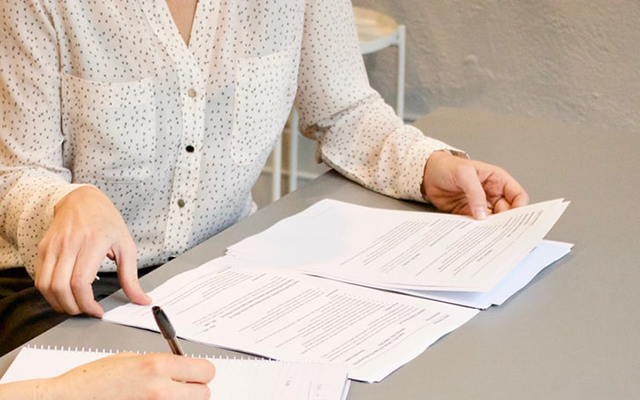Police, protection orders, court and legal matters

Nobody has the right to use violent or controlling behaviour against another person. It doesn’t matter if the person is known to them or not, there is never an excuse to threaten the safety or wellbeing of anybody.
Too often violence within the home is dismissed by neighbours, friends and onlookers as “just a domestic”. This is wrong. Family violence is not “a domestic” it’s abuse and it threatens the lives of thousands of people every day. Don’t forget, family and domestic violence is a crime.
Reporting family and domestic violence
Contact the police if you are:
- Experiencing violence
- Concerned for a friend, family member, neighbour or other
- Witnessing or hearing violence
You can report family violence by:
- Calling 000 in an emergency, or
- Going to a police station
Triple Zero 000 can connect you with an interpreter in your first language if needed.
If you have a hearing impairment the National Relay Service can help with making an emergency call.
Protection Orders
Protection Orders are issued by a court against a current or ex-partner who makes you fear for your safety.
Protection orders are known by different names in each state:
NSW: Apprehended Domestic Violence Order (ADVO)
QLD: Protection Order
ACT and NT: Domestic Violence Order (DVO)
Vic: Family Violence Intervention Order (FVIO)
SA: Intervention Order
Tas: Family Violence Order (FVO)
WA: Family Violence Restraining Order (FVRO)
Protection Orders have different conditions in each state but generally they are there to protect you from further violence, intimidation, stalking or harassment.
You can request extra conditions to be placed on a Protection Order such as banning the person from approaching you or your children, turning up at the places you work or live or where your children go to school/child care, contacting you, damaging property or having other people hurt you on their behalf.
A Protection Order is not a criminal charge but once it has been issued, the person must obey the order or they could be charged with a criminal offence.
How do I apply for a Protection Order?
You can contact the police and a police officer can apply for an Order on your behalf. A police officer who is trained in domestic and family violence, child protection procedures, victim support and the court process will help you.
You can also make an application at your local court. By law, the court staff must allow you to make an application for a Protection Order. You will be given a court date when you make the application.
Once an application for a Protection Order is made, the police will serve the defendant (this is the person who is making you fear for your safety) and they will be expected to attend court.
Court
At court, a magistrate will hear your case and will make a Protection Order if; the defendant agrees to one being made, after hearing evidence they are satisfied there are fears for your safety, or the defendant does not show up at court without a reasonable excuse.
If the defendant has not been served the application by the date of the hearing, the court can issue a temporary Order to protect you until your case is heard.